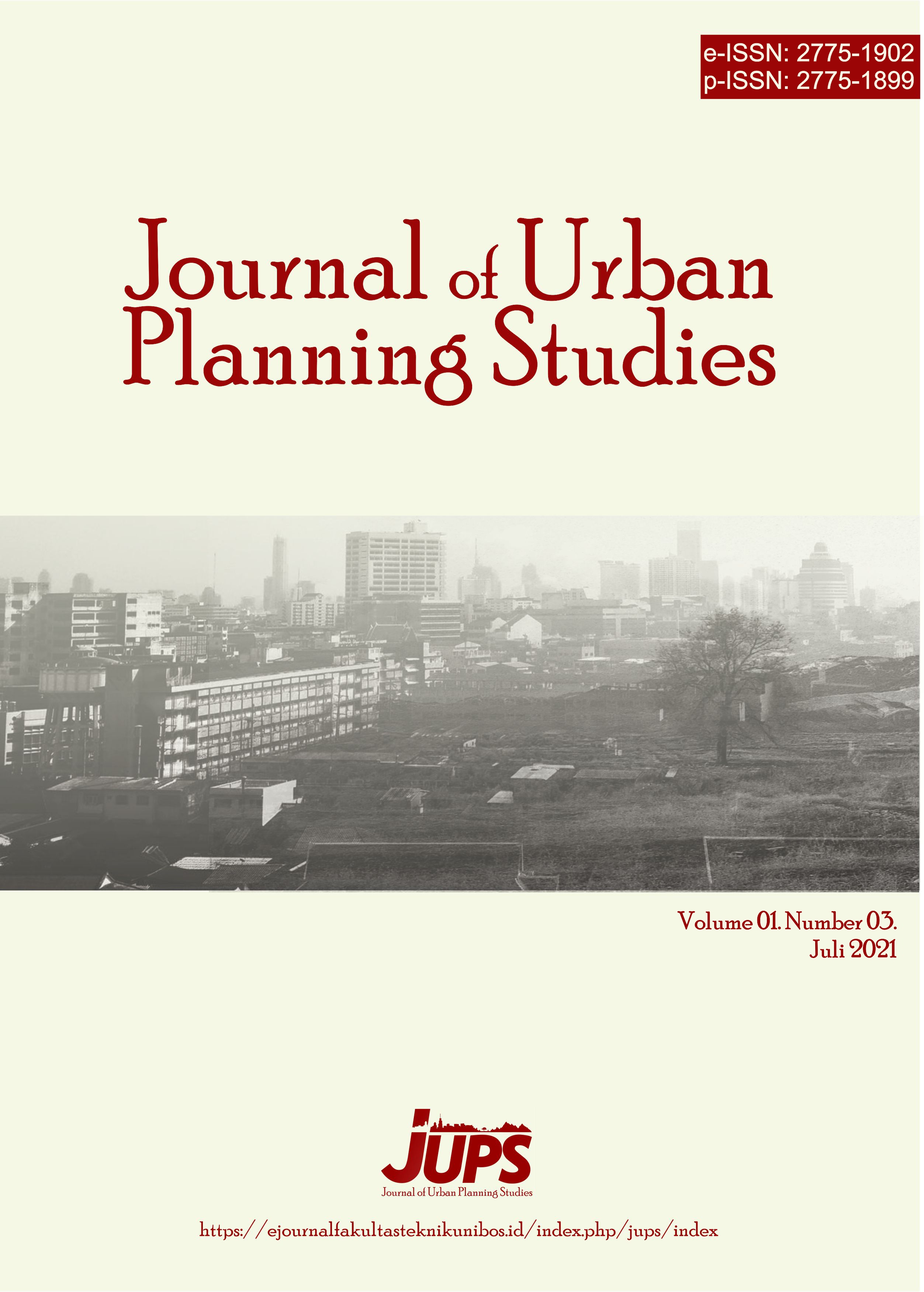Maitara Island Ecotourism Development Area Tidore Islands City
Abstract
Abstract. The purpose of this study is to formulate directions for the development of the Maitara Island Tourism area, Tidore Archipelago City as an Ecotourism area. The main problem then produces sub-problems or research questions about "what is the strategic direction for the development of Maitara Island as an ecotourism area in the City of Tidore Islands?" This type of research is qualitative with the research approach used is applied research which includes surveys. Field Observation, Agency and Community Interview Surveys Furthermore, data processing techniques and data analysis were carried out using SWOT analysis. The results of this study produced strategies on how to take advantage of the tourism potential of Maitara Island such as the potential for coral reefs, mangrove forests and white sand beaches for planning a tourism-based area ecotourism on Maitara Island, involving community participation in tourism development on Maitara Island to improve the economy of the local community and how to take advantage of the strategic location of Maitara Island to serve as i a leading tourist area in the City of Tidore Islands.
References
Akbar, S.P dan H. Usman. 2006. Metode Penelitian Sosial. Bumi Aksara. Jakarta
Abdurrahmat, Fathoni. 2006. Metodologi Penelitian & Teknik Penyusunan Skripsi. Jakarta: PT Rineka Cipta.
Indonesia, P. R. (2009). Undang-Undang Republik Indonesia. Nomor 10 Tahun 2009 Tentang Kepariwisataan, 1.
Kepulauan, W. K. (2015). Peraturan Daerah Nomor 9 Tahun 2015. Tentang Rencana Induk Pembangunan Pariwisata Daerah Kota Tidore Kepulauan, 1-6.
Kepulauan, D. P. (2016). BAB II landasan teori. MasterPlan Pulau Maitara, 2-16.Rangkuti, Freddy. 2001. Analisis SWOT Teknik Membedah Kasus Bisnis PT.Gramedia Pustaka Utama. Jakarta.
Negeri, K. D. (2009). Peraturan Mentri Nomor 33 Tahun 2009. Tentang Pedoman Pengembangan Ekowisata Di Daerah, 1-2.
Rangkuti, Freddy. (2009). Analisis SWOT Teknik Membedah Kasus Bisnis. Jakarta : Penerbit PT. Gramedia Pustaka Utama
Pariwisata, d. K. (2016). Masterpaln pulau mitara. Potensi dan permasalahan kepariwisataanPulau Maitara, 4-22.Porter, M.E. (1985). Competitive Advantage : Creating and Sustaining Superior Performance : with a new introduction. The Free Press. New York, USA (Makinen dan Seppanen, 2007)
Rangkuti, 2009, Strategi Promosi Yang Kreatif, edisi pertama, cetakan pertama, Penerbit : Gramedia Pustaka Utama, Jakarta
Sahnan, F., Salim, A., & Jufriadi, J. (2020). Pengembangan Kawasan Wisata Mangrove Tamo Kelurahan Baurung Kabupaten Majene. Journal of Urban Planning Studies, 1(1), 021-029. Diambil dari https://journal.ft.unibos.ac.id/index.php/jups/article/view/7
Sugiyono. 2011. Metode Penelitian Kuantitatif, Kualitatif dan R&D. Bandung: Afabeta
Sugiyono. 2015. Metode Penelitian Pendidikan (Pendekatan Kuantitatif, Kualitatif dan R&D). Penerbit CV. Alfabeta: Bandung.
Tidore, B. P. (2020). Kota Tidore Kepulauan Dalam Angka 2020. Kota Tidore Kepulauan Dalam Angka 2020, 1-165.Tika (2005:24) Metode Penelitian Geografi. Jakarta: bumi aksara
Wardiyanta, 2006, Metode Penelitian Pariwisata, Yogyakarta : ANDI
Downloads
Published
How to Cite
Issue
Section
License
Copyright (c) 2022 Wiwin Prasetaji Sadik, Rahmawati Rahman, Ilham Yahya

This work is licensed under a Creative Commons Attribution 4.0 International License.













